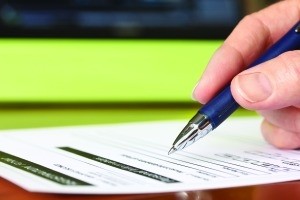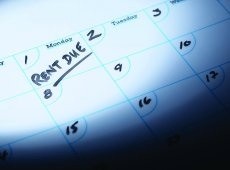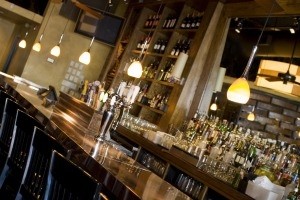Six tips on taking a pub lease or tenancy

- Remember that you are taking on a business and do not let emotions drive your decision-making; I have found over the years that some prospective tenants see taking a pub as fulfilling an X Factor-style dream. As in many things in life, behind every cosy pub with a log fire surrounded by contented locals quaffing well-kept ale, there is an efficient and well-run business.
- Employ experts (if you cannot afford to pay experts to give you advice then, in my view, you should not at this stage be looking to take on the financial responsibility of being a tenant of a pub).
- You need the following experts as a minimum:
(a) A lawyer to advise you on the lease or tenancy agreement, and of greater importance are your obligations in relation to repair — are you responsible? Can the rent be increased, and under what circumstances? Can you assign your interest in the property in the future, if you build up a successful business and you wish to sell?
(b) A surveyor — it is vital that you establish that the property is in a good state of repair, and this is particularly true if the obligation in the lease is upon you to “put and maintain” the premises in good repair. If you do not check this then, in theory, you could enter the premises and in the first week the thatched roof collapses, and you would be responsible for its repair.
(c) An accountant or equivalent financial advisor, preferably with pub experience — the landlord should provide you with accounts, and you will need to prepare a draft profit and loss account and a detailed assessment as to your anticipated sales and anticipated expenses, to ensure that the business model is a sound one. - I would also advise that you visit the pub on a number of occasions when it is trading to have a good look when it is busy, find out about its clientele, maybe speak to one or two customers to gauge their views on the premises, and find out if there are any changes they want to see.
- If it is not a particularly successful business, then why is that? Pubs cannot be turned around simply by a coat of paint, an “under new management” banner and a desperately enthusiastic licensee. There needs to be reasons produced as to why more people will visit your premises.
- Remember to check the premises licence and make enquiries as to whether there have been any problems.
In conclusion, taking a pub is a hard business decision to make, and ensure that the head rules the heart throughout the process.







